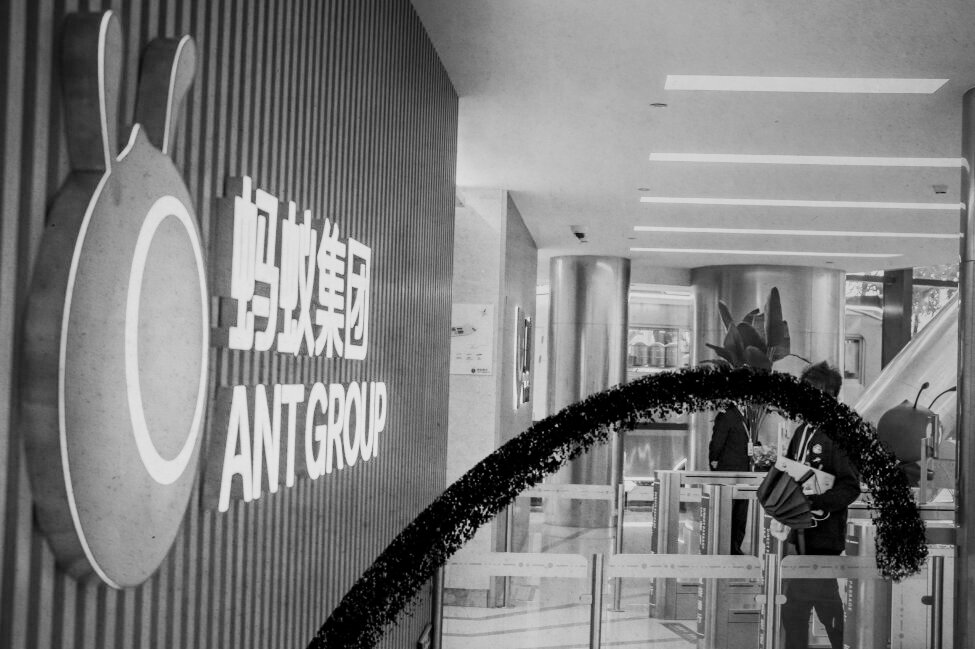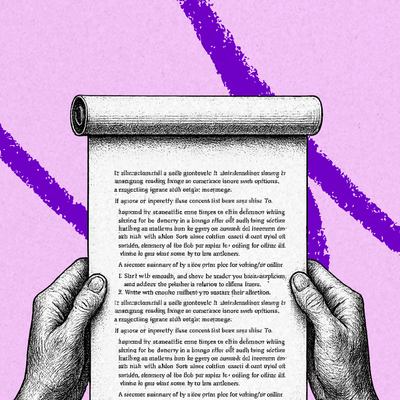
What happened: In a shock move, Ant Group pulled its record-breaking IPO from the Shanghai and Hong Kong stock exchanges, on the evening of November 3rd—two days before its stock was supposed to start trading.
The public story: The Shanghai stock exchange said the IPO was pulled because new regulations had been introduced which affected Ant’s personal loans product line. But given the highly anticipated nature of the IPO, and given that it's China, no one believes that's the full story.
The timeline:
Here's a tough timeline of events: on October 23rd, Jack Ma gave a speech at a conference in Shanghai. In the speech, he lambasted traditional banks and scoffed at the notion that fintech companies posed a systemic risk to China's financial system (currently a popular discussion in China). Rather, he argued, financial regulators' excessive focus on controlling risks could stifle innovation. The speech made waves on the Chinese internet and was considered unusually pointed in its criticism.
On November 3rd, Ma and other top Ant executives were suddenly pulled into a joint "interview" with representatives from four major regulatory commissions in China— the People’s Bank of China, China Banking Regulatory Commission, China Securities Regulatory Commission, and the State Administration of Foreign Exchange.
After that meeting the Ant IPO was pulled, with the Shanghai Stock Exchange citing new regulations affecting Ant’s personal loans product line.
What really happened:
Coming from an American perspective, it might be hard to see why Chinese regulators would have undermined Ant in such a public and costly fashion. After all, isn't it a crown jewel of their home grown tech scene?
But I think it's important to understand that the current generation of Chinese leadership consists of true believers who value political and ideological control and stability over economic growth. In recent years, they have endeavored to separate political legitimacy from economic growth by disseminating a folksy patriotism that emphasizes collective greatness over individual enrichment. This ideological position scorns excessive American-style consumption as a cancer that endangers social stability.
In this light, the government’s view is that Ant, among other things, has facilitated and encouraged excessive consumption by offering easy credit at the swipe of a button on your mobile phone.
Only the participants know exactly what the regulators said behind closed doors, but it's generally possible to glean insight on how they think by reading party mouthpieces like The Financial Times, a publication backed by the People's Bank of China (the state-run central bank). It published a series of articles in the runup to the suspension which alluded to the dangers of technology companies like Ant behaving like banks: "When it comes to Big Tech companies, the financial supervision department must be willing to say "No", because otherwise it will be easy to be misled by its technological attributes, be kidnapped by public opinion, and fail to conduct effective supervision, which will eventually distort the market and generate financial risks."
In saying “No”, the regulators delivered a message that is about more than the technocratic details of financial risk. It is about more than Ant as a company.
It’s also about power. In his speech, Ma demonstrated a lack of appropriate humility and deference, and the government felt that they had to make an example of him.
In China, no one has more power than the government. It doesn't matter if you're too big to fail; it doesn't matter if there are billions of dollars on the line. You owe everything to the people and to the state. If the party says to suspend your IPO, you'll suspend it.
Your "lao ye" — a Chinese phrase for "uncle" that has connotations of godfather — is still your "lao ye."
What we expect to see:
The new regulations will likely require a rejiggering of Ant’s business model in its consumer loans product lines, and will probably trigger a re-calculation of its valuation. The IPO approval itself may remain valid, or Ant may re-apply.
How did you feel about this post?
The Only Subscription
You Need to
Stay at the
Edge of AI
The essential toolkit for those shaping the future
"This might be the best value you
can get from an AI subscription."
- Jay S.
Join 100,000+ leaders, builders, and innovators

Email address
Already have an account? Sign in
What is included in a subscription?
Daily insights from AI pioneers + early access to powerful AI tools







.08.31_AM.png)


Comments
Don't have an account? Sign up!